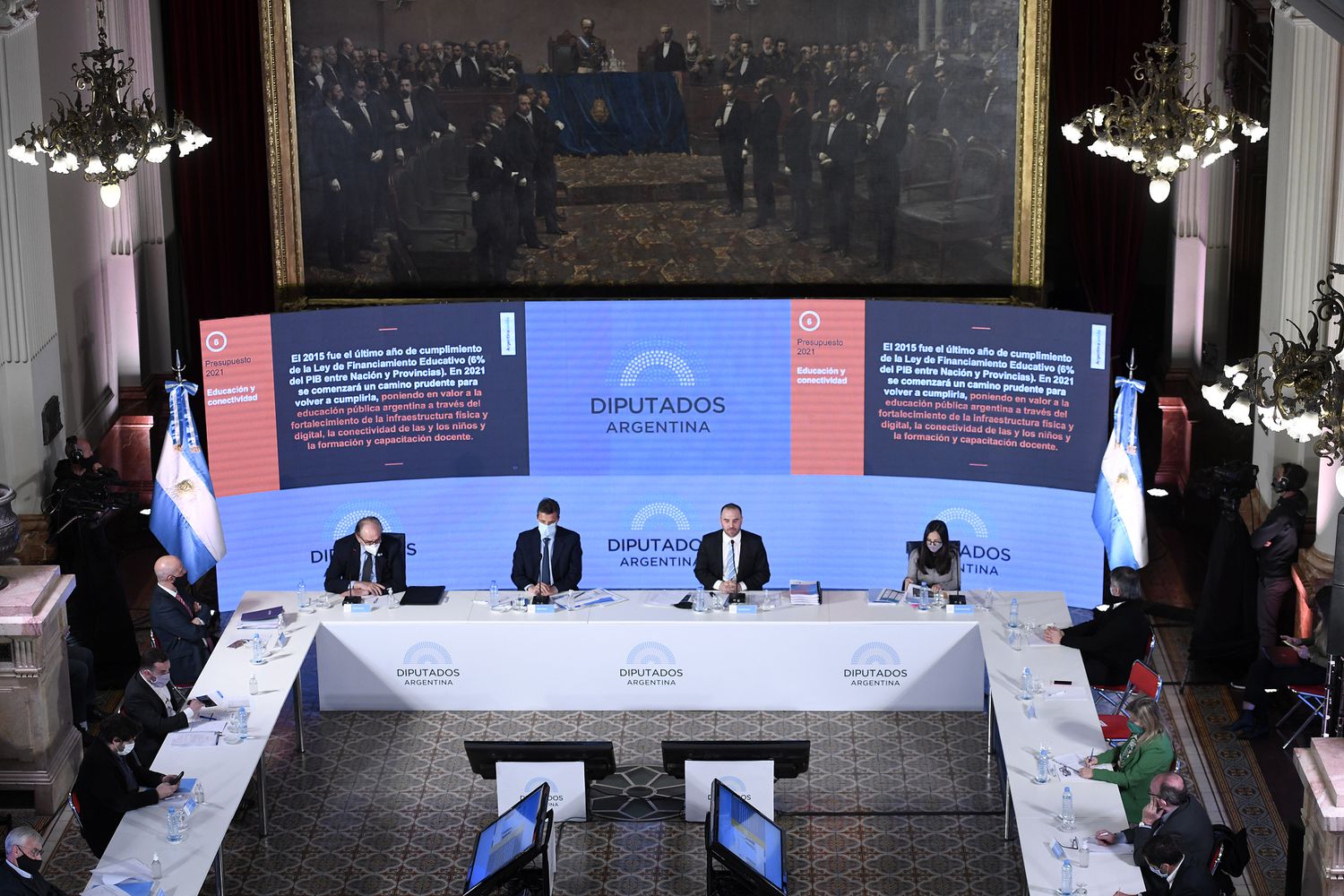by Matheus Lucas Hebling
BRaS-Blog Editor-in-chief, matheushebling@gmail.com
I remember as a child watching Tintin at night before going to bed. It was my favorite time of the day. Tintin was the kind of character I could rely on not only for a good story but also to help me shape (part of) the worldview and aspirations I have today. As much as I could have been brought up to hate communism, I think I leaned into the other values promoted by the character. Fast forward to 2009, my first exam at university, we were given a Tintin cartoon to criticize for an Anthropology course. It was both reassuring (in a career way) and hurtful to have to destroy something you truly cherished. Tintin showed me the world, and that there were other possibilities and places out of my own little bubble and yet, here I was, nit-picking his cultural imperialism and top-down approach to cultural understanding. If nothing, the social sciences have a way to build (and rebuild) whatever constructs we have of life, don’t they?
Certainly, the 1990s are not 2009 and 2009 is not 2020. Looking back, it is difficult to remember the feeling I had that lead me to first choose to be a social-scientist-now-identified-as-a-political-scientist. I am also sure that the definer for anyone’s career choice is an ever-changing reason, as their research objects are. I have seen mine turn into one of the biggest political crises in Brazil and Latin American. One that has continued, in its now impeachment turned extreme right-wing, science-denial shape, partly under a world health pandemic which has yet to slow down or shine any light at a possible ending. To work under the past four years have been a challenge. More than the normal might have required in the past, even though I have been told multiple times that it was worse in the 1990s. I would not know this, since I was busy solving impossible cases and visiting the Moon with a friend of mine.
This never-ending unrest has certainly had its pitfalls, but it has also had its virtues. As a class, we have seen multiple initiatives to reach a bigger audience through live streams of academic discussions, once held in climate-controlled rooms whose audience was an e-mail list of students and professors, not even reaching other non-academic staff at universities. We have published essays, opinion pieces, articles, interpretations on new-and-hopefully-soon-to-end social interactions, guided by the use of masks and screens protecting supermarket workers and many others who need to leave their homes during this time. The place once taken by economists and lawyers on live television has been slowly taken back by social scientists, sociologists, political scientists, and anthropologists. We have become more public than probably ever, even if there is still room for improvement.
Here is where the Brazilian Research and Studies Center enters. Our main guiding principle is to make science accessible to everyone. We aim at publicizing work made on Brazil by Brazilians and by anyone who has embarked on a journey to understand a truly complex social and political reality, from its too many political parties to its people, who have historically had a myriad of origins around the world. Our first action was to translate the work of our colleagues, with a partnership with ANPOCS/ABCP/SBS/ABA, which we are truly proud of and grateful for. You can read more about us here.
However, we aim higher. For this, we have created two work fronts: BraS-Blog and BraS-J. The former is a place you will find (and publish) essays on the country, research notes, interviews, and news around the country’s scholarship. We will accept texts in open calls to the community soon and we truly expect it becomes a place one can find different interpretations of Brazilian reality in its most diverse form. We are a multi and interdisciplinary magazine, welcoming pieces that are justified by their social significance and/or its connection to good, or bad, public policy. The latter is an academic journal whose goal is to publish research on the political, economic, cultural, and social areas of the country.
For this number, we will be publishing our own group’s research notes. We want to start by showing who we are, what we do, how we got where we are, and why. We will strive to be as transparent as possible and we encourage our following contributors to do the same. Regardless if through your own research, your research groups’ or even your departments’. We want to show the world there is so much being done to understand Brazil and we count on a nation + scientists elsewhere to help us accomplish this.
Welcome to our BraS-Blog. Quer um cafezinho?






